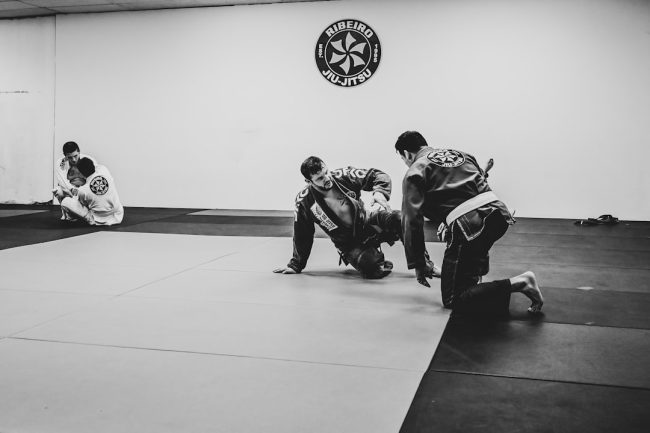
OUR LEARNING AND DEVELOPMENT BLOG IS OUT OF THIS WORLD
Step into the captivating world of Designing Digitally’s blog – making workplace training not only educational but engaging and entertaining.. Join us in demystifying the secrets of effective learning, showcasing the power of tech in employee training, and turning your workforce into future-ready employees. Browse our articles to learn more about the latest trends and topics in employee development and workplace evolution through digital training.
We Set goals. Conquer them. THEN Repeat.



















HOW WE
-
CAN HELP
-
CONSULT WITH
-
DISCOVER FOR
-
DESIGN WITH
-
DEVELOP FOR
-
DELIVER TO
-
SUPPORT TOOLS FOR
-
SUPPLY RESULTS TO
-
ACHIEVE GOALS WITH
-
WIN AWARDS WITH
YOU
- CAN HELP
- CONSULT WITH
- DISCOVER FOR
- DESIGN WITH
- DEVELOP FOR
- DELIVER TO
- SUPPORT TOOLS FOR
- SUPPLY RESULTS TO
- ACHIEVE GOALS WITH
- WIN AWARDS WITH
Consult
Our partnership starts with in-depth consulting, which helps identify all the necessary project requirements to design a learning solution that positively impacts your business. We cover all essential elements upfront to create training that will grow your workforce and make employees feel their success is valued.
DEVELOP
We design and develop your custom digital immersive learning programs tailored around your analysis results, learner objectives, and company goals. We communicate with you at all production stages to ensure a collaborative partnership and successful outcome.
SUPPORT
Post-launch, we provide your team with ongoing analytical and measurement data, allowing us to monitor your training’s effectiveness proactively. his ensures that your solutions continuously provide performance-enhancing learning and improve your business’s overall success.
Contact Us for a Conversation
As you delve into the enriching content on our blog page, we encourage you to connect with us for a more personalized exploration of our digital solutions. Whether you have questions about your L&D options, seek further insights on our innovative approaches, or wish to discuss how Designing Digitally can tailor solutions for your unique needs, we’re here to facilitate a meaningful conversation. Please fill out our contact form, and let’s transform the knowledge gained from our blogs into actionable strategies for your organization. Your journey to digital excellence starts with a simple click – reach out now, and let’s begin the dialogue!
- 866-316-9126
- info@designingdigitally.com






